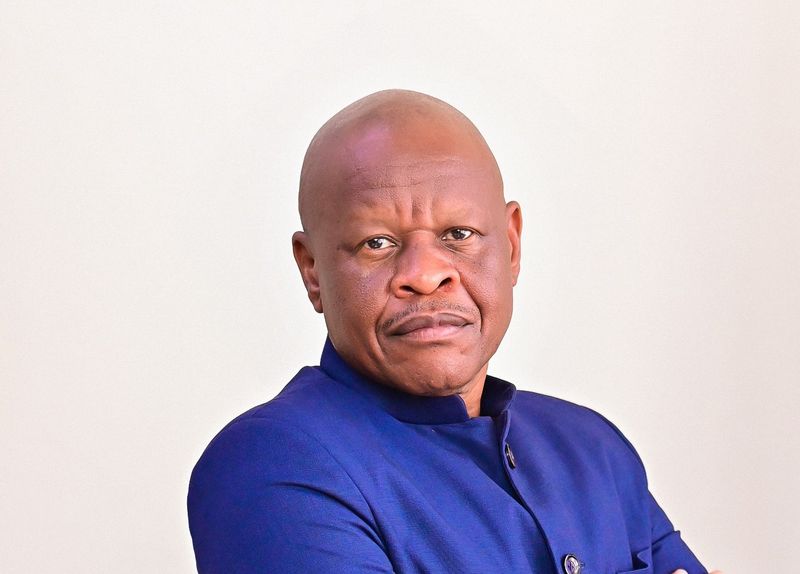
The Government has launched the National Implementation Committee (NIC) for the African Continental Free Trade Area (AfCFTA), marking a major step toward helping Uganda benefit from a regional market of 1.3 billion people valued at USD 3.4 trillion.
The committee brings together representatives from key government ministries, agencies, the private sector, and civil society to coordinate Uganda’s participation in the continental free trade area. The inauguration was presided over by Gen. Wilson Mbadi, the State Minister for Trade, who reaffirmed Uganda’s commitment to regional integration since ratifying the AfCFTA agreement seven years ago.
“When Uganda ratified the African Continental Free Trade Area agreement, we made a bold commitment to join hands with our neighbors in building a single African market for goods and services,” Mbadi said. He described the committee as central to advancing Uganda’s development agenda, in line with national growth strategies aimed at expanding production, promoting exports, and accelerating industrialization.
“This committee is not just another government team; it is the engine that will make AfCFTA work for Uganda. We are here to fire the first bullet in Uganda’s war for a bigger share of African trade,” he said.
Mbadi emphasized that ordinary Ugandans stand to benefit directly from AfCFTA opportunities. “For the farmer in Mbarara, this means new duty-free markets for milk powder in Ghana. For innovators in Kampala, it means selling software across the continent. And for manufacturers, it means access to a market of over a billion consumers,” he noted.
He also stressed the importance of value addition in Ugandan exports, arguing that exporting raw materials alone cannot achieve the country’s growth ambitions. The NIC will coordinate government and private-sector efforts to ensure that AfCFTA commitments translate into tangible economic results. Mbadi urged members to focus on creating jobs, increasing household incomes, and aligning their work with national development plans.
Ann Nambooze, Uganda Country Director for TradeMark Africa, said that effective implementation of AfCFTA requires coordination among the government, private sector, civil society, and development partners. She acknowledged the Uganda Revenue Authority (URA) for finalizing the AfCFTA tariff schedule, which allows local businesses to begin trading under the framework.
“A few businesses have started benefiting, but more need to be made aware of the opportunities,” Nambooze said.
Allan Senyondwa, Director of Policy Research and Advocacy at the Uganda Manufacturers Association (UMA), described AfCFTA as a lifeline for Uganda’s manufacturing industry. He emphasized the importance of processing and adding value to locally produced goods to boost the country’s competitiveness across African markets.
“Uganda was identified as the biggest potential beneficiary of AfCFTA in East Africa. Manufacturers are at the heart of this trade because they produce the goods needed for exchange. For trade to happen, we must produce and add value to what we grow,” he said.
Senyondwa pointed to Uganda’s growing trade relations within the region, including expanding markets in neighboring countries such as DR Congo and South Sudan, as well as emerging trade partnerships with North African states. He expressed optimism that initiatives like AfCFTA, combined with new industrial and energy developments, will strengthen Uganda’s position in African trade.
“Our message is simple: produce more. AfCFTA offers us a ready market. Let’s use it to create jobs and build a stronger economy,” he concluded.

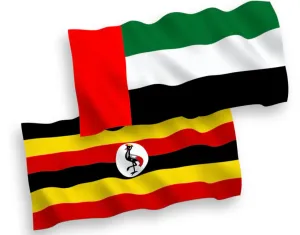
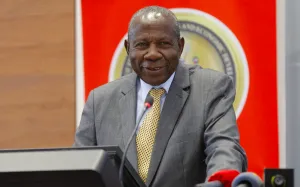


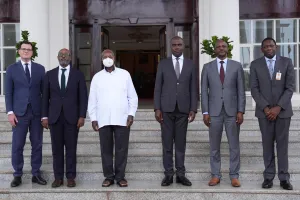






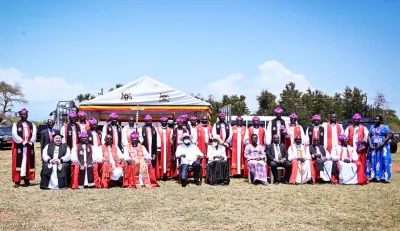
Phillip Baraka
Leave a Comment
Your email address will not be published.